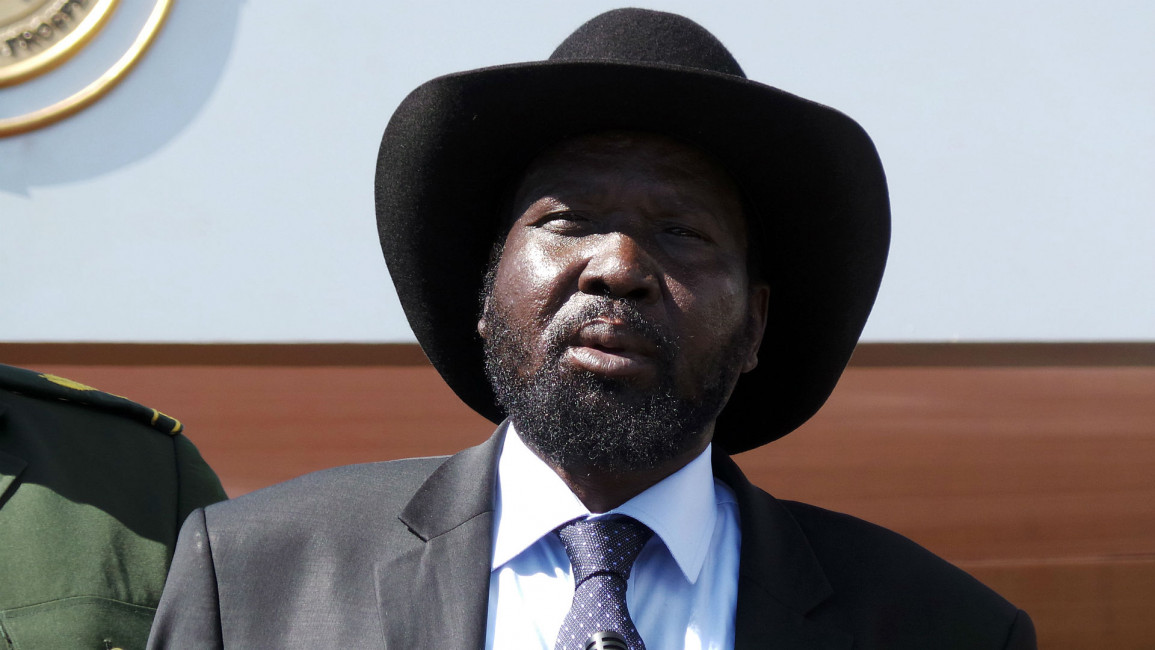Fresh blow to South Sudan's media freedom
The closure of two newspapers and a radio station in South Sudan this week is a further attack on freedom of expression, reports Human Rights Watch.
South Sudan's National Security Service (NSS) forced the editor of The Citizen, a daily English language paper to shut down indefinitely on Tuesday.
The reason given was that it published a press release by opposition political parties and an opinion column calling on the government to sign a peace deal to end the 19-month conflict.
| Civilians have also been detained without charge or legal access, accused of being connected to the rebels. |
The NSS also closed down the Arabic daily newspaper Al Rai on 1 August on the grounds that a member of the editorial board was a rebel.
The Free Voice show radio station was also closed Tuesday – no reason was given.
These add to a long string of incidents in which the NSS has attacked press freedoms in the country since South Sudan's independence in 2011. It has got worse since the conflict began.
The print version of the Nation Mirror was closed down in January 2015 after a photo of former Vice-President Riek Machar was placed above one of President Salva Kiir. The publication is now only available online.
It coincides with a distinct deterioration in the security situation over the last year caused by a power struggle between Kiir and Machar, which started in December 2013 and quickly erupted into intense fighting.
Alongside the media civilians have also been detained without charge or legal access, accused of being connected to the rebels.
"For South Sudanese to find a way out of violence, the basic right to be able to express your views freely must be protected. This passion for speaking one’s mind, for equality, is being poisoned by fear," argued HRW.
This is because freedom of expression, and the right to challenge authority lies at the heart of South Sudanese culture, said the organisation.



